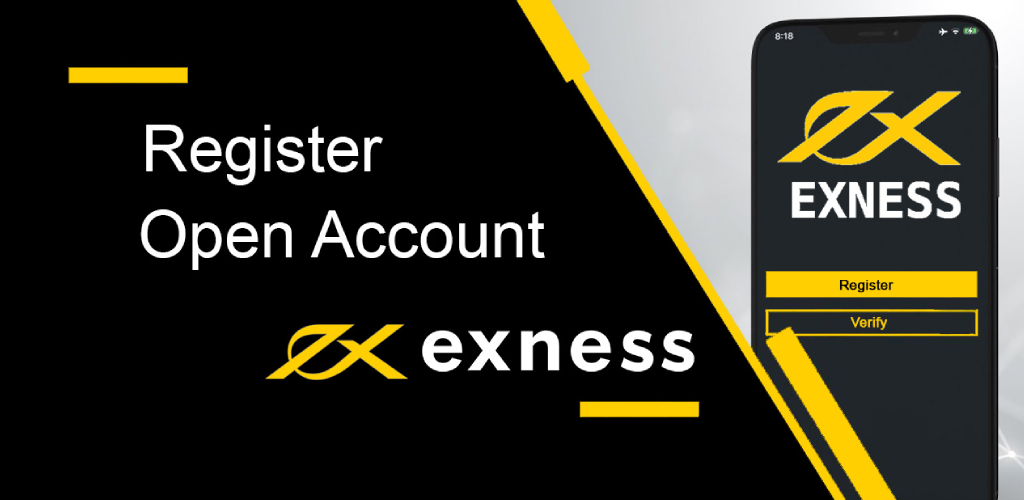
In the fast-paced world of forex trading, choosing the right fx broker Exness forex & CFDs broker can make all the difference. Whether you’re a seasoned trader or just starting your journey, understanding the nuances of forex brokerage can significantly impact your success. This article dives deep into the critical factors to consider when selecting an FX broker and offers insights into how to find the best fit for your trading needs.
Understanding FX Brokers
Forex brokers are firms or individuals that facilitate the buying and selling of currencies on behalf of traders. By acting as an intermediary between buyers and sellers in the forex market, brokers provide access to a range of trading platforms and resources. They often offer additional features, such as educational materials and analytics tools, to help traders make informed decisions.
Types of Forex Brokers
FX brokers can be classified into two main types: market makers and ECN/STP brokers.
- Market Makers: These brokers create a market for their clients by setting their own bid and ask prices. They often act as the counterparty to a trader’s trade, meaning they may profit from the spread. Market makers can be beneficial for beginner traders due to their user-friendly platforms and customer support.
- ECN/STP Brokers: Electronic Communications Network (ECN) and Straight Through Processing (STP) brokers offer direct market access. They don’t set prices but aggregate quotes from various liquidity providers. This type allows for tighter spreads and often enables traders to benefit from lower trading costs.
Key Factors to Consider When Choosing an FX Broker
When selecting a broker, several fundamental factors should be taken into account:
1. Regulation and Trustworthiness
Regulation protects traders from fraud and malpractice. Always check if the broker is regulated by a reputable authority. Look for brokers regulated by organizations such as the Financial Conduct Authority (FCA), Australian Securities and Investments Commission (ASIC), or the Cyprus Securities and Exchange Commission (CySEC).

2. Trading Costs
Understanding the cost of trading is critical for any trader. Look for brokers offering competitive spreads and commissions. Be mindful of any hidden fees, such as withdrawal fees or inactive account fees, which can impact your profitability.
3. Trading Platform and Tools
The trading platform is your primary tool for executing trades and analyzing the market. Ensure that the broker provides a user-friendly platform with ample tools and resources. Popular platforms include MetaTrader 4 (MT4), MetaTrader 5 (MT5), and proprietary platforms.
4. Customer Support
Responsive and knowledgeable customer support can be crucial, especially for new traders who may require assistance. Choose a broker that offers 24/5 support via multiple channels, including live chat, email, and phone support.
5. Available Currency Pairs
Different brokers offer varying selections of currency pairs. If you have specific pairs you are interested in trading, ensure that the broker provides access to these pairs. A wider range of currency pairs can also provide more trading opportunities.
Reputable FX Brokers to Consider
While there are countless FX brokers available, some have established a strong reputation in the industry. Here are a few notable brokers:
- Exness: Known for low spreads and excellent customer service, Exness caters to both beginners and experienced traders. They provide a wide selection of trading tools and resources, making the trading experience smooth and rewarding.
- IG Group: A well-established broker, IG Group offers a sophisticated platform with a wide array of educational resources. Their regulatory status and reputation make them a solid choice for traders.
- Oanda: Oanda stands out for its user-friendly platform and robust research and analysis tools. It is known for transparency in its pricing structure.
The Importance of Trading Accounts
When registering with an FX broker, you’ll typically have options for different types of trading accounts. These may range from demo accounts for practice trading to live accounts with varying leverage and minimum deposit requirements. Choosing the right type of account can significantly affect your trading experience.
Demo accounts provide a risk-free environment for honing trading skills, understanding market mechanics, and testing strategies without the fear of losing actual money. Live accounts, on the other hand, require consideration of margin requirements and leverage levels that align with your trading strategy.
Final Thoughts
Finding the right FX broker involves extensive research and due diligence. By considering regulations, costs, platform usability, and customer support, you can better equip yourself for success in the forex market. Whether you’re novice or experienced, the right broker can provide a significant advantage in your trading journey. Remember that the forex market is not a guaranteed way to make profits, but with the right tools and knowledge, you can enhance your trading outcomes.
In summary, choosing an FX broker should align with your trading goals, risk tolerance, and preferences. Take your time, compare multiple options, and select a broker that meets your criteria—it’s an investment in your future trading success.
Bereikbaar via
- Braillestraat 133846 CP Harderwijk
- 0341 42 90 59
- 0341 42 90 68
- info@amitech.nl
- Direct uw vraag stellen
